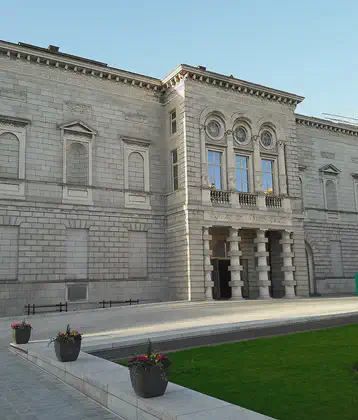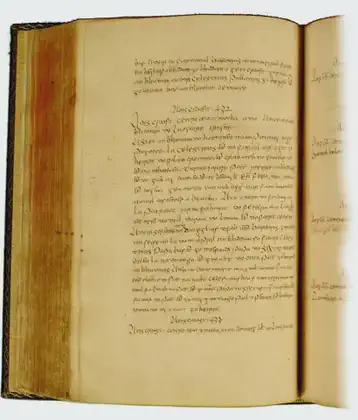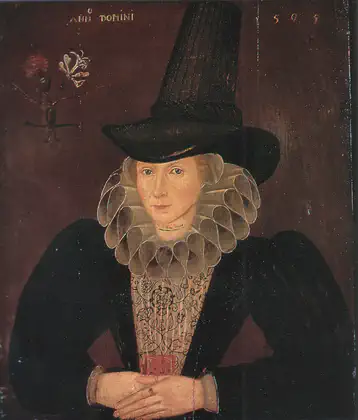On August 10, 1857 in Celtic History
Death of john wilson croker, galway born politician and writer
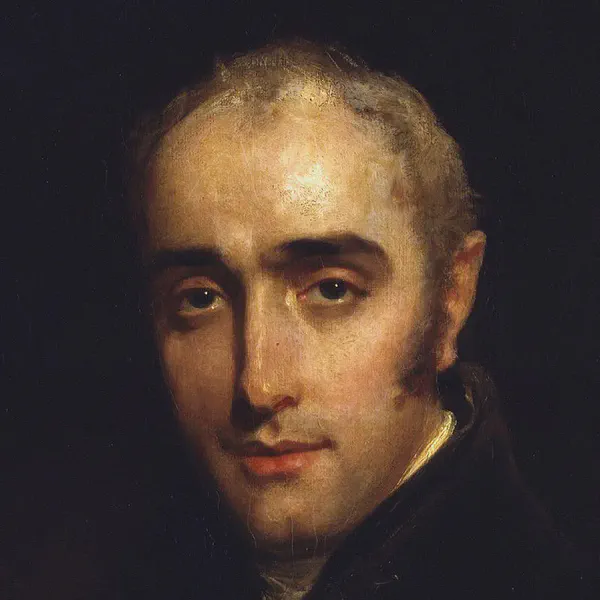
John Wilson Croker, a prominent politician, literary figure, and critic, passed away on August 10, 1857. Born in Galway, Ireland, on December 20, 1780, Croker was a significant figure in British politics and literature during the early 19th century. His contributions to political debate, his writings, and his role in shaping public opinion have left a lasting legacy.
Early Life and Education
Birth and Family: John Wilson Croker was born in Galway, Ireland, to a well-connected Anglo-Irish family. His father, Rev. John Croker, was a clergyman, and his mother came from a family with a tradition of public service.
Education: Croker was educated at Trinity College, Dublin, where he studied law. He excelled in his studies and was called to the Irish Bar in 1802. Although he initially practiced law, Croker’s talents soon led him into the world of politics and literature.
Political Career
Member of Parliament: Croker’s political career began in 1807 when he was elected as a Member of Parliament for the borough of Downpatrick. He later represented the Isle of Wight constituency. Croker was a member of the Tory party and quickly became known for his eloquence and sharp wit in parliamentary debates.
Secretary to the Admiralty: One of Croker’s most significant roles was as Secretary to the Admiralty, a position he held from 1809 to 1830. In this role, he was responsible for the administration of the Royal Navy and was instrumental in modernizing its operations. Croker’s work at the Admiralty was highly influential, and he was a key figure during a period of significant naval reform and expansion.
Political Views: As a staunch conservative, Croker was known for his opposition to political reforms, including Catholic Emancipation and the Reform Act of 1832. His conservative views often made him a controversial figure, but he was respected for his intellectual rigor and his commitment to his principles.
Literary Contributions
Criticism and Writing: Croker was a prolific writer and a prominent literary critic. He was one of the founding contributors to the Quarterly Review, a leading conservative periodical of the time. His reviews and essays were known for their incisiveness and often harsh criticism, particularly of liberal and radical writers.
Editing and Scholarship: Croker was also known for his editorial work. He edited several important works, including an edition of Samuel Johnson’s Boswell’s Life of Johnson. His edition of Boswell’s work was influential, though it also drew criticism for Croker’s alterations and annotations, which some felt interfered with the original text.
Impact on Literature: Despite his sometimes controversial views, Croker’s influence on 19th-century British literature and criticism was significant. He played a key role in shaping public taste and debate, and his writings contributed to the intellectual life of the period.
Death and Legacy
Death: John Wilson Croker died on August 10, 1857, in Hampton, London. His death marked the end of a career that had spanned politics, literature, and public service.
Legacy: Croker’s legacy is a complex one. As a politician, he is remembered for his contributions to naval reform and his role in the Tory party. As a writer and critic, his work in the Quarterly Review and his editorial contributions have left a lasting mark on English literature. While his conservative views and sharp critiques made him a polarizing figure, his impact on the political and literary landscape of his time is undeniable.
John Wilson Croker’s life and career reflect the tensions and debates of early 19th-century Britain, and his contributions to both politics and literature continue to be studied and remembered.
More From This Day

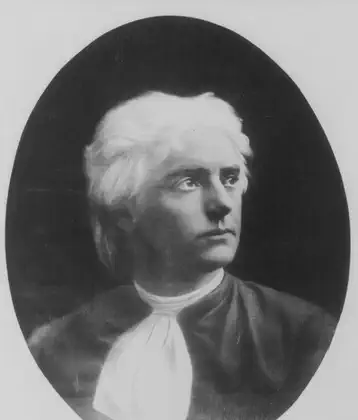
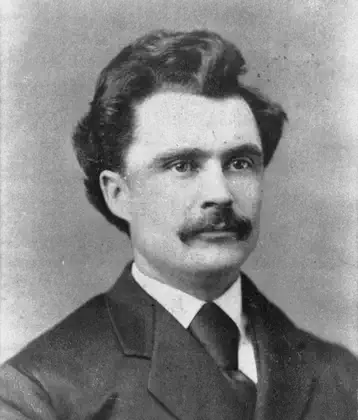
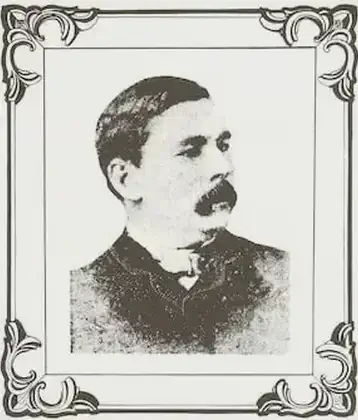
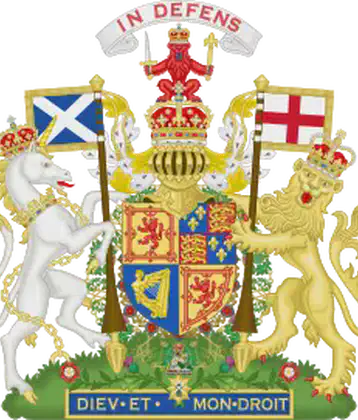
Education (Scotland) Act passed, providing elementary education for all children.
August 10, 1872
